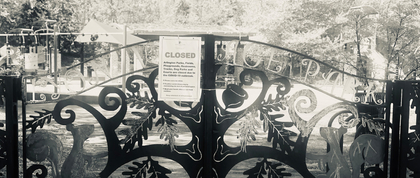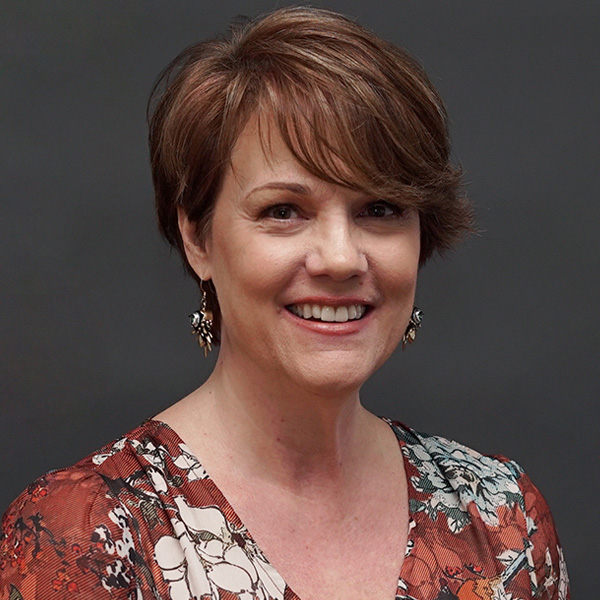
After years of petty squabbling, Mother Nature has had it. She’s been signaling to us, “Don’t make me come down there!” But we refused to listen. Now we’re grounded; she’s separated us and literally sent us to our rooms.
Demanding our attention, she’s unleashed a viciously efficient virus that’s forcing us to focus on what should have mattered most to us all along — each other.
Every time we wash our hands, she reminds us that it’s really our souls that need cleansing.
She prods us to remember that truth is not a hoax -- that science-based facts are real and they merit our respect.
She’s taken away our jobs and allowances, so we must learn how to do more with significantly less. Unthinkable just weeks ago, we’re compelled to work together toward a common good.
Banished to our rooms, we spend less time Keeping Up with the Kardashians and more time checking in on loved ones. Only the shocking enormity of this global pandemic, not some Survivor reality show episode, has the capacity to both keep us apart and bring us back together.
The ironies abound in this culture-altering moment. Motivated by genuine concern, we pay more attention to the most vulnerable among us. Instead of taking selfies we look outward, singing to each other and applauding first responders from our balconies and windows.
While we accept our punishment and are stuck in our rooms for this months-long “time out,” the planet miraculously shows signs of rejuvenation. For the nations hardest hit, smog disappears from the skies and garbage from the water. It’s astonishing.
Policies that bitterly divided us just a few contentious months ago are no longer balked at, but swiftly enacted by both sides of our warring political aisles. A former presidential candidate was largely derided for championing payments of $1,000. But now, newly-unemployed Americans are receiving $1,200 checks to see them through their time of need.
If proposed stimulus measures don’t go far enough the stock market dives, driving our policymakers back to the drawing board to dig deeper.
Now it’s been made clear that the nation’s public health infrastructure is as vital as its military. A long-needed spotlight is shining on our selfless healthcare workers, who put themselves in harm’s way and their families at risk, for relatively little thanks and even lower compensation.
In this new reality, Mother Nature reminds us that these better angels are our best defense against the invisible coronavirus.
The end of this pandemic is yet to be written, but our children’s children will no doubt study it in history books and virtual classes in an effort to prevent -- or respond better to -- the next one.
Let the moral of this crisis be a lesson for the ages on how we ultimately met the challenge with the full arsenal of our strengths -- collaboration, innovation and ingenuity -- learning from our mistakes, investing in prevention and ensuring our readiness for the next time.
Mother Nature knows we have it in us. Let each of us rise to the occasion in such remarkable ways that we all become her favorites.

Julia Cartwright, MA
Chief of Staff
Senior Associate Dean for Communications, Promotion and Public Affairs
Clinical Associate Professor of Social and Behavioral Sciences